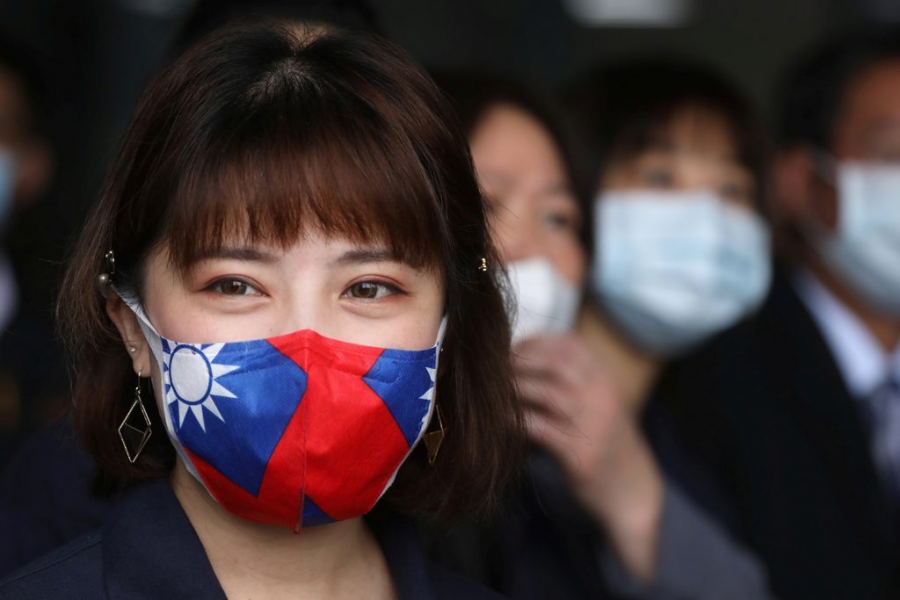Taiwan and its Success in Handling COVID-19
Taiwan’s effective coronavirus response has helped the nation avoid a mass shutdown of businesses and schools.
June 8, 2020
In the wake of the Covid-19 outbreak in Wuhan, China, nations throughout the world have been left scrambling for hospital resources and frantically imposing lockdowns on the population. However, the island nation of Taiwan, despite its proximity of 180 kilometers (110 mi) to the Chinese mainland, has had significant success in the control of the virus. As of April 8, with just 379 confirmed cases and five confirmed deaths, how exactly did this tiny country manage the pandemic so effectively?
After the deadly SARS outbreak of 2003, much of Asia began to reflect on its capabilities of handling new outbreaks. Taiwan was no different. So when reports of a new respiratory virus breaking out in a densely-populated Chinese province were released, the government, on January 20, established a Central Epidemic Command Center, which releases 124 safety protocols issuing guidelines for education, mask distribution, and travel restrictions, according to nbcnews.com. On January 26, the republic became the first country to ban international flights from Wuhan, China.
On December 31, when the World Health Organization received reports from Chinese health officials about a mysterious new pneumonia outbreak in Wuhan, Taiwanese airports began screening passengers arriving from Wuhan. The Taiwan Centers for Disease Control then began to monitor all passengers arriving to the island from Wuhan, and a week later began to monitor those who traveled to Wuhan since December 20. Passengers who showed symptoms to the coronavirus were quarantined at home or taken to the hospital if medical attention was deemed necessary.
As stated by CNN, Taiwan has also protected its citizens by banning the export of face masks, which helps to ensure an ample domestic supply. Prices of face masks have also been capped to about $0.17 USD to maintain affordability for all citizens. The government has also distributed medical supplies, such as hand sanitizer, forehead thermometers, and face masks to schools to maintain safe conditions for children. As a result of Taiwan’s effective control of the virus, schools and non-essential businesses remain open throughout the country, a notable difference as other nations struggle with thousands of coronavirus cases rampant in hospitals.
Government benefits have also aided the Taiwanese people in the struggle against the virus. Taiwan’s affordable health insurance system, which covers 99 percent of the population, ensures that Taiwanese citizens can be tested for the virus without compromising financial stability. According to businessinsider.com, Taiwanese citizens have access to free testing for the coronavirus in hospitals. Should anyone be isolated over medical concerns, the government then pays for food, lodging, and medical care, ensuring that citizens remain financially sound during the crisis.
Joyce Lin (10), a Taiwanese-American student at Yorba Linda High, comments on why Taiwan has responded so effectively towards the pandemic in comparison to other countries. “[Taiwan has] gained experience from SARS in 2003,” she says. “And [Taiwan] realized the trend of this epidemic around February, while everyone was still neglecting the severity of it.”
Even amid its ongoing conflicts with Beijing and its controversial exclusion from the World Health Organization, this tiny island nation has held strong and serves as a model for the proper response against the novel coronavirus that has rattled the world.





































